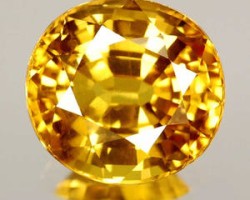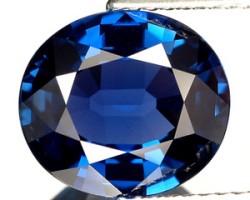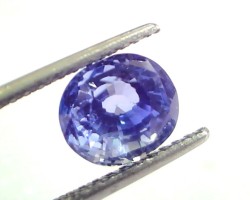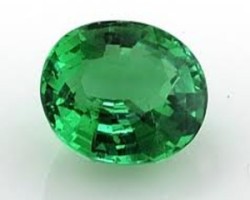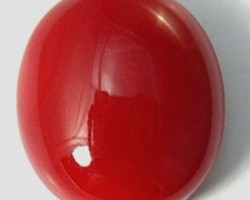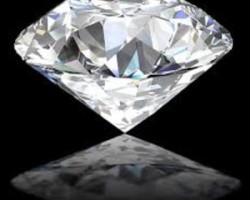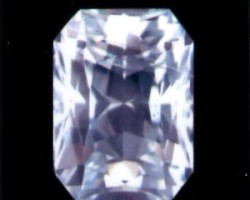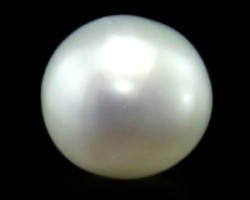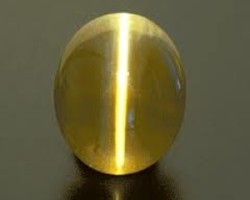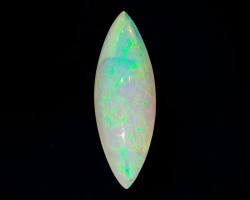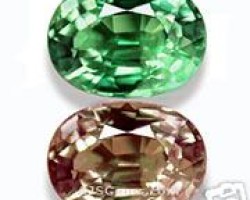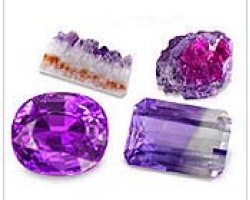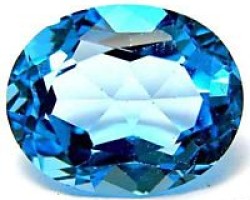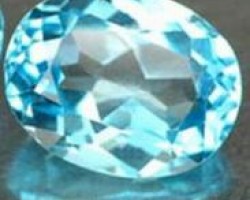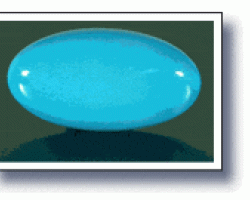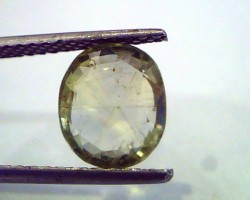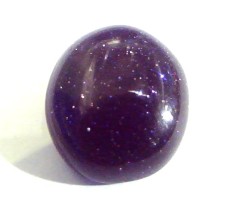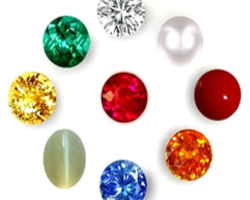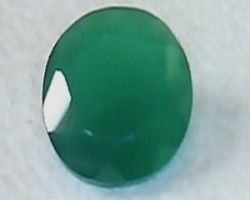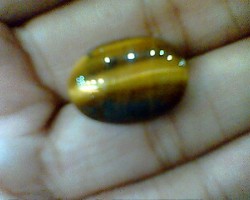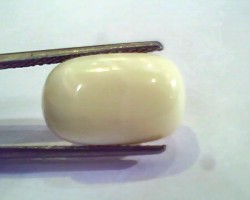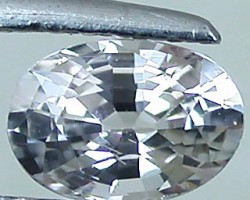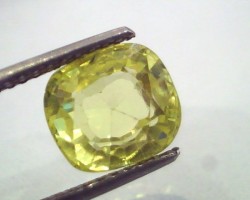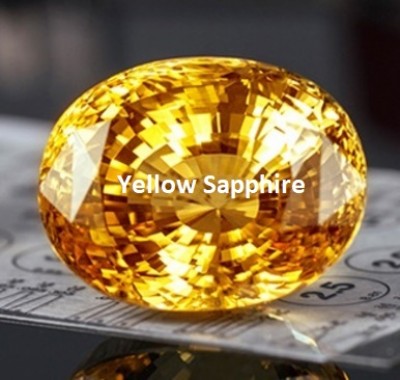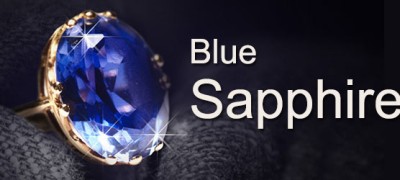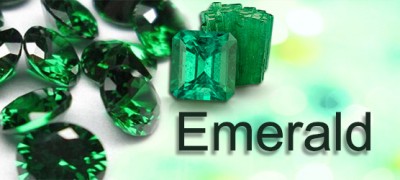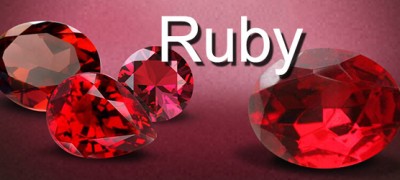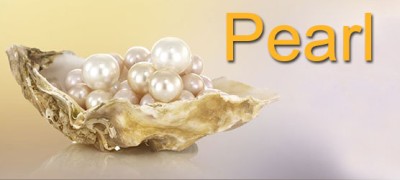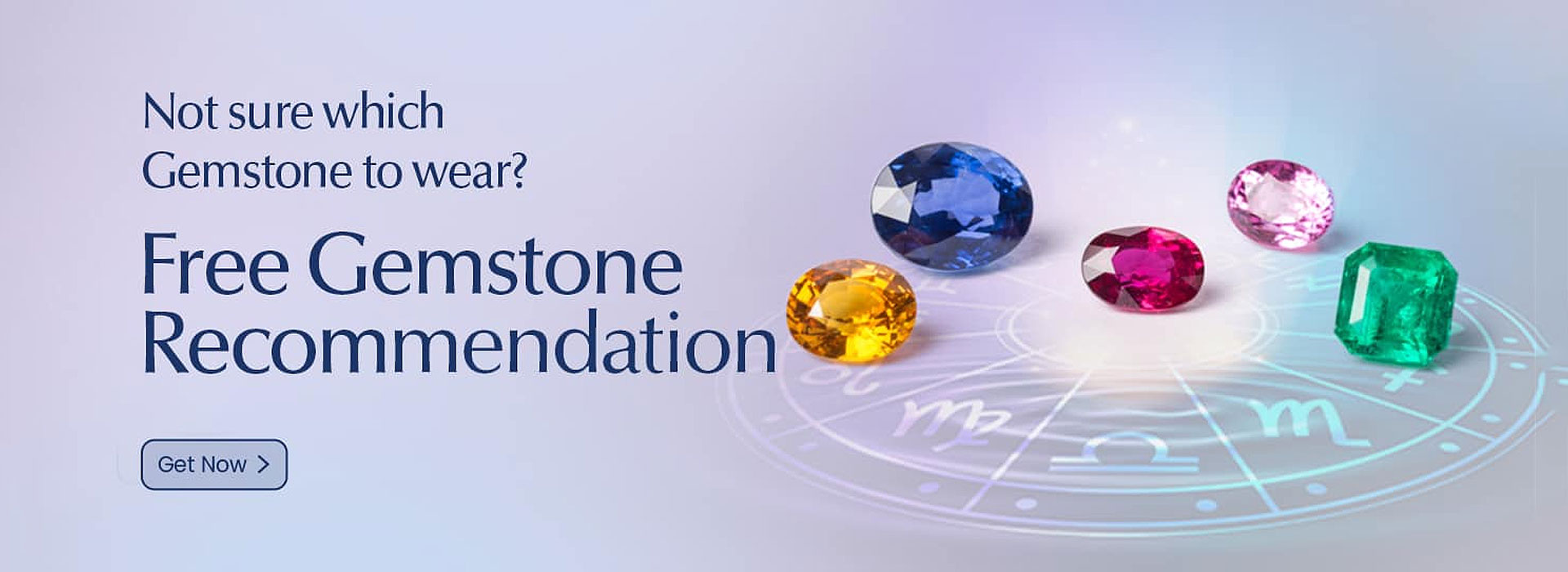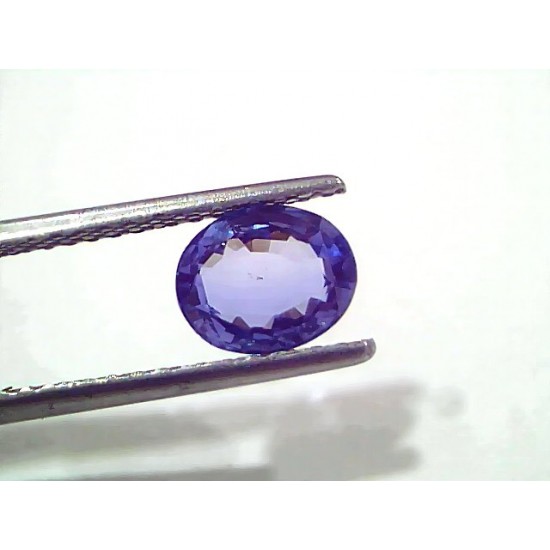
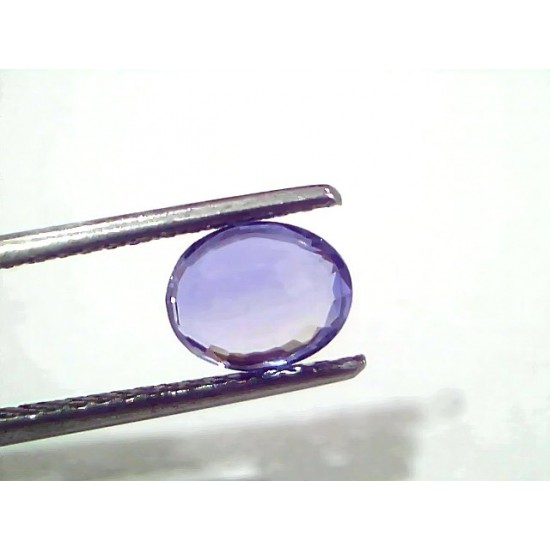
Out Of Stock


Product Description | |
Gemstone Name : | Natural blue sapphire |
Number of Pieces: | 1 Pc |
Weight: | 1.80 ct |
Gem Shape: | Oval Cut mix |
Color: | Good Blue |
Clarity: | vvs-eye clean |
Luster: | EXCELLENT |
ORIGIN | srilanka-ceylon |
Measurement | 7.93/6.05/3.56 mm approx |
1.80 Ct Certified Unheated Untreated Natural Ceylon Blue Sapphire
- Stock: Out Of Stock
- Model: blue969
- Weight: 1.80Ct
₹23,001.00
Available Options
Blue sapphire is a precious gemstone that is believed to have a variety of benefits, both physical and metaphysical. Some of the benefits of blue sapphire include:1)Emotional and mental stability: Blue sapphire is believed to help with emotional and mental stability. It is said to promote a sense of calm and peace, and can help to reduce anxiety and stress.2)Improved communication: Blue sapphire is believed to improve communication skills and help individuals express themselves more effectively. It can also help to improve public speaking skills and boost self-confidence.3)Enhanced intuition and spiritual awareness: Blue sapphire is believed to help enhance intuition and spiritual awareness. It is said to help individuals connect with their inner wisdom and develop a deeper understanding of themselves and their place in the world.4)Protection from negative energy: Blue sapphire is believed to have protective properties that can shield individuals from negative energy and harmful influences.5)Physical healing: Blue sapphire is said to have physical healing properties and is believed to be helpful in treating various ailments such as fever, headaches, and eye problems.It is important to note that these benefits are largely based on traditional beliefs and should not be considered a substitute for professional medical advice or treatment.
Blue sapphire is a precious gemstone that requires proper care and cleaning to maintain its beauty and value. Here are some tips on how to take care and clean blue sapphire:1)Store it properly: Blue sapphire should be stored separately from other gemstones and jewelry to prevent scratches and damage. It is best to keep it in a soft pouch or box to protect it from dust, dirt, and moisture.2)Clean it regularly: Blue sapphire should be cleaned regularly to remove dirt, oils, and other impurities that can accumulate on the surface of the gemstone. You can use a soft brush or cloth and mild soapy water to clean the gemstone. Avoid using harsh chemicals, abrasives, or ultrasonic cleaners as they can damage the gemstone. Rinse the gemstone thoroughly and dry it with a soft cloth.3)Avoid exposing it to heat or chemicals: Blue sapphire should be protected from exposure to high temperatures, chemicals, and harsh cleaning agents. It is best to remove the gemstone before swimming, using household cleaners, or applying makeup or lotions.4)Handle it with care: Although blue sapphire is a hard and durable gemstone, it can still chip or break if subjected to strong impact or pressure. It is important to handle the gemstone with care and avoid exposing it to rough handling or physical activities.5)Take it to a professional: If the blue sapphire requires extensive cleaning or repair, it is recommended to take it to a professional jeweler or gemologist who can properly handle and care for the gemstone.By following these tips, you can help ensure that your blue sapphire remains beautiful and in good condition for years to come.
Wearing blue sapphire is a personal choice, but here are some general guidelines for wearing it:1)Consult with an expert: Before wearing blue sapphire, it is recommended to consult with an expert such as an astrologer or gemologist to ensure that the gemstone is suitable for you and to identify the best quality gemstone.2)Choose the right metal: Blue sapphire is often set in gold or silver, but it is important to choose a metal that is compatible with your astrological chart or personal preference.3)Choose the right finger: Blue sapphire is typically worn on the middle finger of the right hand, but it can also be worn on the index finger or ring finger. The gemstone should be set in such a way that it touches the skin and the open part of the stone is facing towards the body.4)Clean and energize the gemstone: Before wearing blue sapphire, it is recommended to purify the gemstone by washing it with clean water and leaving it in a mixture of milk, honey, and pure water overnight. To energize the blue sapphire, it can be left in direct sunlight or moonlight for several hours, or it can be kept near a lit lamp or candle for a few minutes.5)Wear it regularly: Blue sapphire is believed to have its full effect only when it is worn regularly, so it is recommended to wear it as often as possible.6)Take care of the gemstone: Blue sapphire should be taken care of by cleaning it regularly with a soft cloth and avoiding contact with chemicals, sharp objects, or extreme temperatures.It is important to note that these guidelines are based on traditional beliefs and should not be considered a substitute for professional medical advice or treatment.
Blue sapphire is a precious gemstone of the mineral corundum, and it is also known by several other names. Here are some of the different names of blue sapphire:Neelam: This is the most commonly used name for blue sapphire in Hindi.Sapphire: Blue sapphire is a type of sapphire, which is a precious gemstone composed of corundum.Indraneel: In Sanskrit, blue sapphire is called Indraneel, which means "Indra's blue".Shani ratna: In Vedic astrology, blue sapphire is associated with the planet Saturn, and it is often called "Shani ratna" or "Saturn's gemstone".Khooni neelam: This is a rare type of blue sapphire that has tiny red spots, which are said to resemble drops of blood. "Khooni" means "bloody" in Hindi.Vairam: In Tamil, blue sapphire is known as "vairam".Nila pukhraj: In Bengali, blue sapphire is sometimes referred to as "nila pukhraj", which means "blue yellow sapphire".Inderjaalmani: In Punjabi, blue sapphire is sometimes called "Inderjaalmani", which means "Indra's net gemstone".
The prices of blue sapphire can vary greatly depending on several factors, such as the size, quality, and origin of the gemstone. In general, larger and higher quality blue sapphires are more valuable and can command higher prices.For example, a small blue sapphire of lower quality may cost a few hundred dollars, while a larger, higher quality blue sapphire of several carats can cost thousands or even tens of thousands of dollars. The origin of the gemstone can also affect its price, with some sources, such as Kashmir or Burmese sapphire, being more highly valued and expensive than others.It is important to note that the price of blue sapphire can also be influenced by market demand, availability, and other market factors. It is recommended to purchase blue sapphire from reputable sources and to have the gemstone certified by a reputable gemological laboratory to ensure its authenticity and value
The quality of blue sapphire is determined by several factors, including color, clarity, cut, and carat weight. Here's a brief overview of each factor:1)Color: The color of blue sapphire is the most important factor in determining its quality. The most highly valued sapphires have a vivid, intense blue color with a slight violet or purple hue. The color should be consistent throughout the stone, without any zoning or unevenness.2)Clarity: Blue sapphire can have inclusions, or natural imperfections, that can affect its value and appearance. The best quality sapphires have few or no visible inclusions, with excellent transparency and brilliance.3)Cut: The cut of the blue sapphire can affect its appearance and value. A well-cut sapphire will have excellent symmetry, proportion, and polish, with optimal light performance and brilliance.4)Carat weight: Blue sapphire, like other gemstones, is priced by carat weight, with larger stones being more valuable. However, the quality of the stone also plays a significant role in determining its value, so a smaller high-quality sapphire can be more valuable than a larger lower-quality one.Overall, a high-quality blue sapphire will have a rich, vivid color, excellent transparency and brilliance, and few visible inclusions. It is important to purchase blue sapphire from a reputable source and have it certified by a reputable gemological laboratory to ensure its quality and value.
Blue sapphire | Blue sapphire stone | Natural Blue sapphire | Unheated Blue sapphire | Untreated Blue sapphire | Ceylon Blue Sapphire | Srilankan Blue Sapphire | Neelam Stone | Buy Blue sapphire Online | Buy Neelam Stone | Buy Neelam Online | Buy Blue Sapphire ring Online | Carat blue sapphire | Ratti Blue Sapphire | 1 Ct Blue sapphire | 2 Ct Blue spaphire | 3 Ct Blue Sapphire | 4 Ct Blue Sapphire | 5 Ratti Blue Sapphire | Blue Sapphire Online India | Oval Cut Blue spaphire | Emerald Cut Blue Sapphire | Cushion Cut Blue Sapphire | Blue Sapphire Gemstone | Jyotish Gemstone | Pitambari Neelam Stone | Genuine Blue Sapphire | Certified Blue Sapphire | IGI Certified Blue Sapphire | Gii Certified Blue Sapphire | Neelam Gemstone | Best Blue Sapphire | Buy Neelam Gemstone Online | Neelm Stone Ring |
Blue sapphire is a precious gemstone that belongs to the mineral species corundum. Here are some general specifications of blue sapphire:1)Chemical formula: Al2O3 (aluminum oxide)2)Hardness: 9 on the Mohs scale of hardness (second only to diamond)3)Refractive index: 1.76-1.784)Specific gravity: 3.99-4.005)Color: Blue sapphire can range in color from pale blue to deep blue. The color is caused by the presence of iron and titanium impurities.6)Clarity: Blue sapphire can have inclusions or blemishes, but the clarity is an important factor in determining the value of the gemstone. Generally, the more transparent and clear the gemstone is, the more valuable it is.7(Cut: Blue sapphire can be cut into a variety of shapes, including oval, round, cushion, emerald, and pear. The cut can affect the overall appearance and value of the gemstone.8)Carat weight: Blue sapphire can be found in a range of sizes, from small to large. The carat weight is another factor that can affect the value of the gemstone.It is important to note that the value and quality of blue sapphire can vary depending on several factors, including color, clarity, cut, and carat weight. It is recommended to consult with an expert such as a gemologist or jeweler to determine the best quality blue sapphire for your needs.
Blue sapphire is a variety of corundum mineral that is prized for its rich blue color. Here are some of the types and origins of blue sapphire:1)Kashmir sapphire: The most famous and highly sought-after type of blue sapphire is the Kashmir sapphire, which is found in the region of Kashmir, India. These gemstones are known for their deep blue color, velvety texture, and exceptional clarity. Kashmir sapphires are rare and valuable, and they are highly prized by collectors and connoisseurs.2)Burmese sapphire: Another highly valued type of blue sapphire is the Burmese sapphire, which is found in Burma (now known as Myanmar). Burmese sapphires are known for their vivid blue color, high clarity, and excellent luster. These gemstones are considered to be among the finest blue sapphires in the world.3)Ceylon sapphire: Ceylon (now known as Sri Lanka) is a major source of blue sapphire, as well as other types of sapphire. Ceylon sapphires are known for their bright, medium blue color and their excellent clarity. These gemstones are also valued for their affordability and wide availability.4)Montana sapphire: Montana sapphires are found in the state of Montana in the United States. These gemstones are typically blue-green in color, and they are known for their durability and unique character. Montana sapphires are a popular choice for engagement rings and other types of jewelry.5)Australian sapphire: Australia is another major source of blue sapphire, as well as other colors of sapphire. Australian sapphires are known for their deep blue color, good clarity, and excellent durability. These gemstones are widely used in jewelry and are a popular choice for everyday wear.In addition to these sources, blue sapphire can also be found in other countries such as Thailand, Madagascar, and Tanzania. The origin of a blue sapphire can affect its value and desirability, with certain sources being more highly valued than others.

